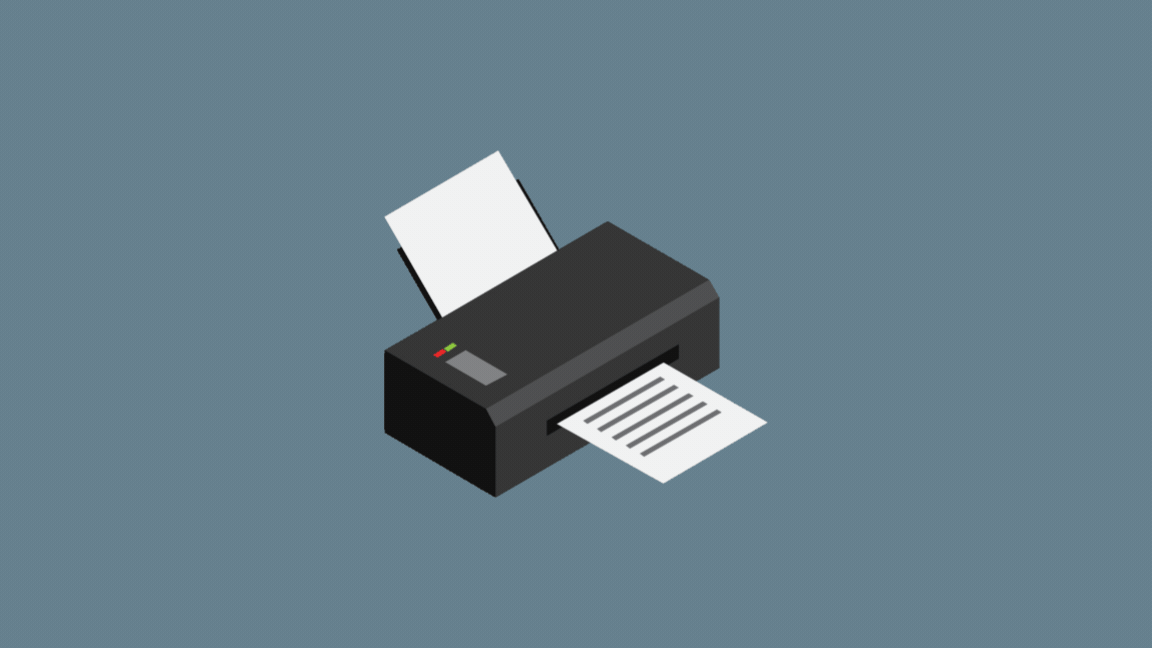
Contract Review for Doctors: Effective Negotiation Handbook
Explore contract review for doctors with this handbook, ensuring effective negotiations and smarter agreements.


Frustration in contract law is a legal concept that arises when unforeseen events or circumstances occur, making it impossible or impractical for the parties to fulfill their contractual obligations. This fundamentally alters the terms of the agreement, leading to automatic termination of the contract. Under English law, frustration applies when an unforeseen event occurs after the formation of the contract, rendering performance impossible or radically different from what was originally contemplated by the parties.
The key elements of frustration include:
The doctrine of frustration is distinct from a material breach of contract, where one party fails to fulfill their obligations, but the contract remains in effect unless terminated by the non-breaching party.
In contract law, the application of frustration is guided by specific criteria and legal principles. The test for frustration is whether the situation has become so “radically different” from what was contemplated by the parties at the time of entering the contract that it would render it “unjust” for the contract to continue. If a contract is found to be frustrated, it is automatically terminated, and all future obligations of the parties are discharged.
Here is a simplified table outlining the key differences between frustration and breach of contract:
| Aspect | Frustration | Breach of Contract |
|---|---|---|
| Cause | Unforeseen events | Failure to fulfill obligations |
| Result | Automatic termination | Contract remains unless terminated |
| Obligations | All future obligations discharged | Obligations may still be enforced |
| Legal Principle | Doctrine of frustration | Breach of contract law |
For legal professionals, understanding the nuances of frustration is crucial in determining whether a contract has been rendered void due to unforeseen circumstances. This knowledge is essential for advising clients on matters of contract compliance and handling disputes effectively.
For more detailed definitions, consider referring to our contract glossary.

In the realm of contract law, certain unforeseen events can make the performance of a contract impossible or impractical, leading to what is known as frustration. Understanding these events is crucial for legal professionals dealing with frustrated contracts.
Various circumstances can lead to frustration in contract law. These events are typically beyond the control of the contracting parties and render the fulfillment of contractual obligations impossible or radically different from what was initially agreed upon. Notable examples include:
The COVID-19 pandemic has also significantly impacted businesses globally. However, the pandemic does not automatically frustrate all contracts. Each situation requires an assessment of how COVID-19 has specifically affected the performance of the contract to determine if it constitutes a frustrating event.
The occurrence of a frustrating event can have profound implications on the performance of a contract. When such an event happens, it may:
Legal professionals must carefully evaluate the specific circumstances surrounding a frustrating event to determine its impact on contract performance. For more detailed discussions on related topics, refer to our articles on material breach of contract and contract compliance.

In the realm of frustration in contract law, the occurrence of an unforeseen event that makes the performance of a contract impossible or radically different from what was originally intended can lead to the automatic termination of the agreement. This doctrine, under English law, serves as a mechanism to address situations where continuing with the contract is no longer feasible due to circumstances beyond the control of the contracting parties.
When a contract is deemed frustrated, it automatically ends, and neither party is required to perform any further obligations. This automatic termination distinguishes frustration from a material breach of contract, where the contract remains in effect until one of the parties decides to terminate it due to the breach.
| Legal Concept | Result | Consequences |
|---|---|---|
| Frustration of Contract | Automatic Termination | Releases parties from future obligations |
| Material Breach of Contract | Does not automatically terminate | Allows the non-breaching party to seek remedies |
Upon the termination of a contract due to frustration, both parties are released from their future obligations. This means that any duties or performances expected to be carried out after the frustration event are no longer required. However, it is crucial to note that the release from obligations applies only to future duties and not to those that were due before the frustrating event occurred.
For instance, if payments were due or expenses were incurred before the event causing frustration, those obligations typically remain enforceable. The doctrine of frustration does not retroactively nullify past performances or liabilities that have already been established.
“Frustration occurs whenever the law recognizes that without default of either party a contractual obligation has become incapable of being performed because the circumstances in which performance is called for would render it a thing radically different from that which was undertaken by the contract”.
Legal professionals must carefully consider these implications when dealing with frustrated contracts. Understanding the distinction between future and past obligations can help manage the expectations of their clients and guide them through the complexities of contract compliance.
By recognizing the legal consequences of frustration, parties can better navigate the challenges that arise from unforeseen events, ensuring that their rights and responsibilities are clearly understood and appropriately addressed.

In contract law, handling the concept of frustration requires a nuanced understanding of how and when it can be applied. This section delves into the key aspects of managing frustration in contracts, specifically addressing “temporary frustration” and the court’s approach.
In English Law, the concept of “temporary frustration” does not exist. A contract is either considered to be frustrated in its entirety or not at all. This means that a contract cannot be temporarily frustrated and then revived later. The doctrine of frustration terminates the contract completely, releasing both parties from their obligations.
The result is a significant reduction in delays, ensuring that contracts are reviewed, approved, and executed in a timely manner, which is crucial for maintaining business operations and meeting contractual obligations.
The court’s approach to frustration in contract law involves a detailed examination of the contract’s terms and the surrounding circumstances. The court does not solely focus on the severity of the event alleged to have caused the frustration. Instead, it evaluates whether the event fundamentally changes the nature of the contractual obligations.
The threshold for proving frustration is notably high. The following table highlights some criteria the court may consider:
| Criteria | Description |
|---|---|
| Nature of Event | Must be unforeseen and significantly alter the contractual obligations |
| Contract Terms | Examination of the contract's original terms and any clauses addressing supervening events |
| Performance Impact | Assessment of how the event affects the ability to perform the contract |
Legal professionals must be aware that the doctrine of frustration applies only in rare and exceptional circumstances. Even in cases where premises are closed due to unforeseen events, frustration will only be recognized if the event makes the performance of the contract fundamentally different from what was originally agreed upon.
For more information on related legal concepts, you can explore our articles on material breach of contract and contract compliance. Understanding these principles helps in accurately advising clients and managing contractual disputes effectively.

Senior Content Manager

Explore contract review for doctors with this handbook, ensuring effective negotiations and smarter agreements.

Unlock expert tips for effective contract review, ensuring clarity and minimizing risks for legal professionals.

Master the legal review of contract with AI tools, enhancing efficiency and minimizing errors in your practice.
Contract Crab is an automated tool designed to extract key points and generate summaries from contracts and legal documents. While we strive for accuracy, the extracted information may not always be complete or error-free. Users should review and verify the extracted content for accuracy and completeness before relying on it.
Contract Crab does not provide legal advice or replace the need for professional legal consultation. The information extracted and provided by the service is for informational purposes only.
Users should consult with qualified legal professionals for specific legal guidance.
Users are responsible for the use of Contract Crab and any decisions made based on the extracted information.
Contract Crab and its creators are not liable for any consequences or damages resulting from the use of the service.
Contract Crab may process and store user data as necessary to provide its services. We are committed to protecting user data, but users should be aware of the privacy risks associated with uploading sensitive documents.
Contract Crab is an automated tool designed to extract key points and generate summaries from contracts and legal documents. While we strive for accuracy, the extracted information may not always be complete or error-free. Users should review and verify the extracted content for accuracy and completeness before relying on it.
Contract Crab does not provide legal advice or replace the need for professional legal consultation. The information extracted and provided by the service is for informational purposes only.
Users should consult with qualified legal professionals for specific legal guidance.
Users are responsible for the use of Contract Crab and any decisions made based on the extracted information.
Contract Crab and its creators are not liable for any consequences or damages resulting from the use of the service.
Contract Crab may process and store user data as necessary to provide its services. We are committed to protecting user data, but users should be aware of the privacy risks associated with uploading sensitive documents.